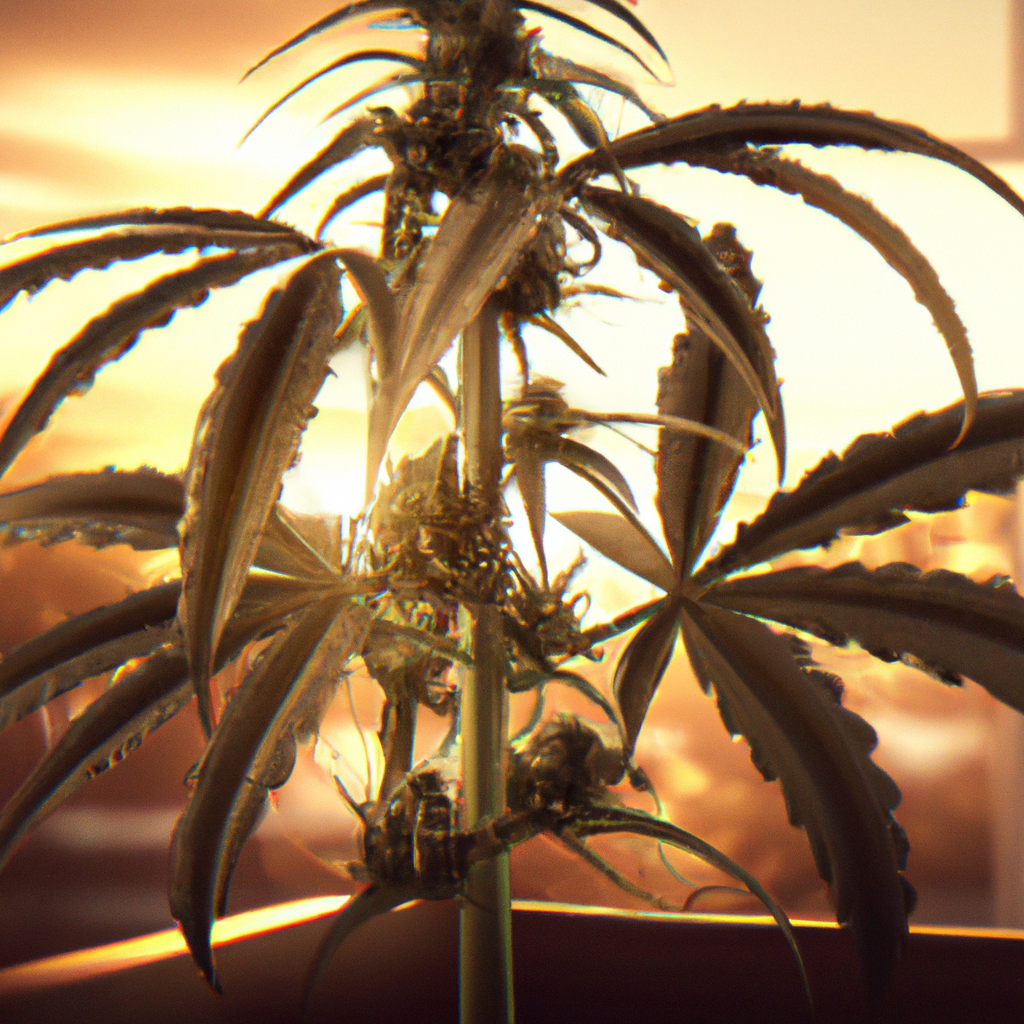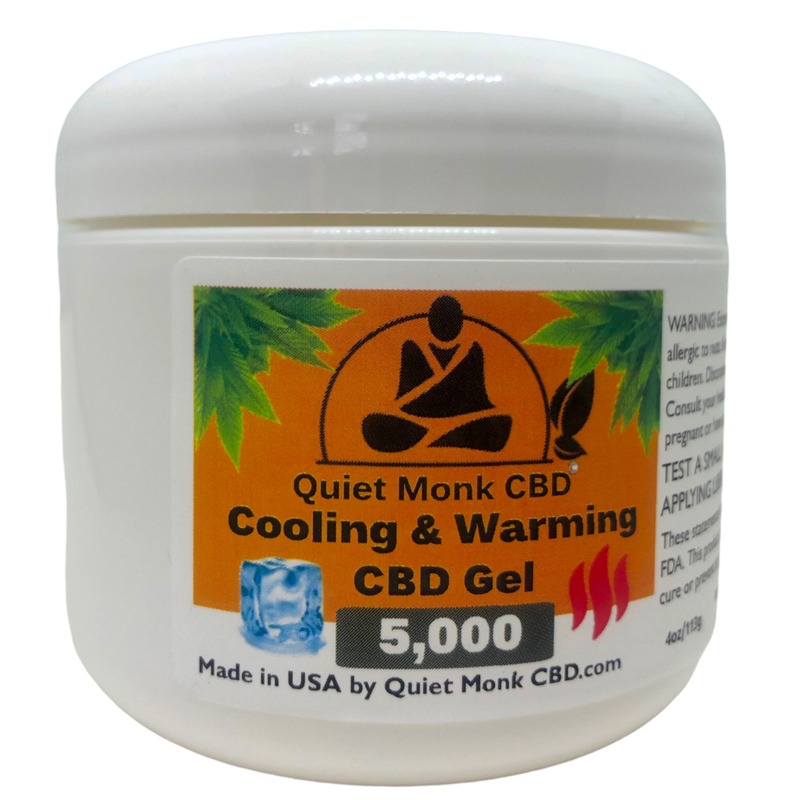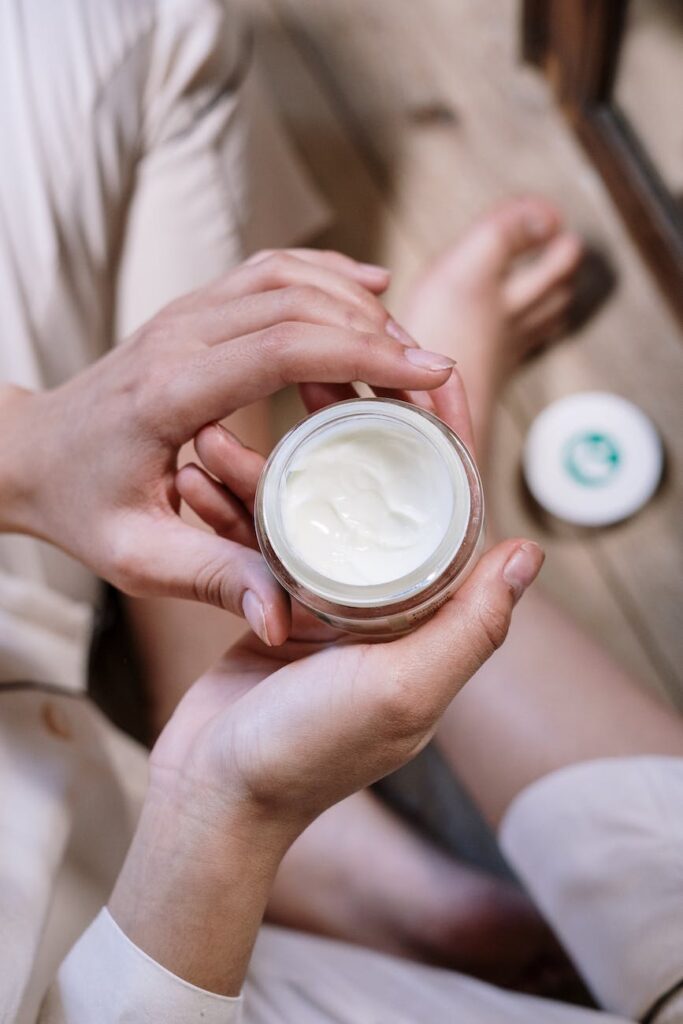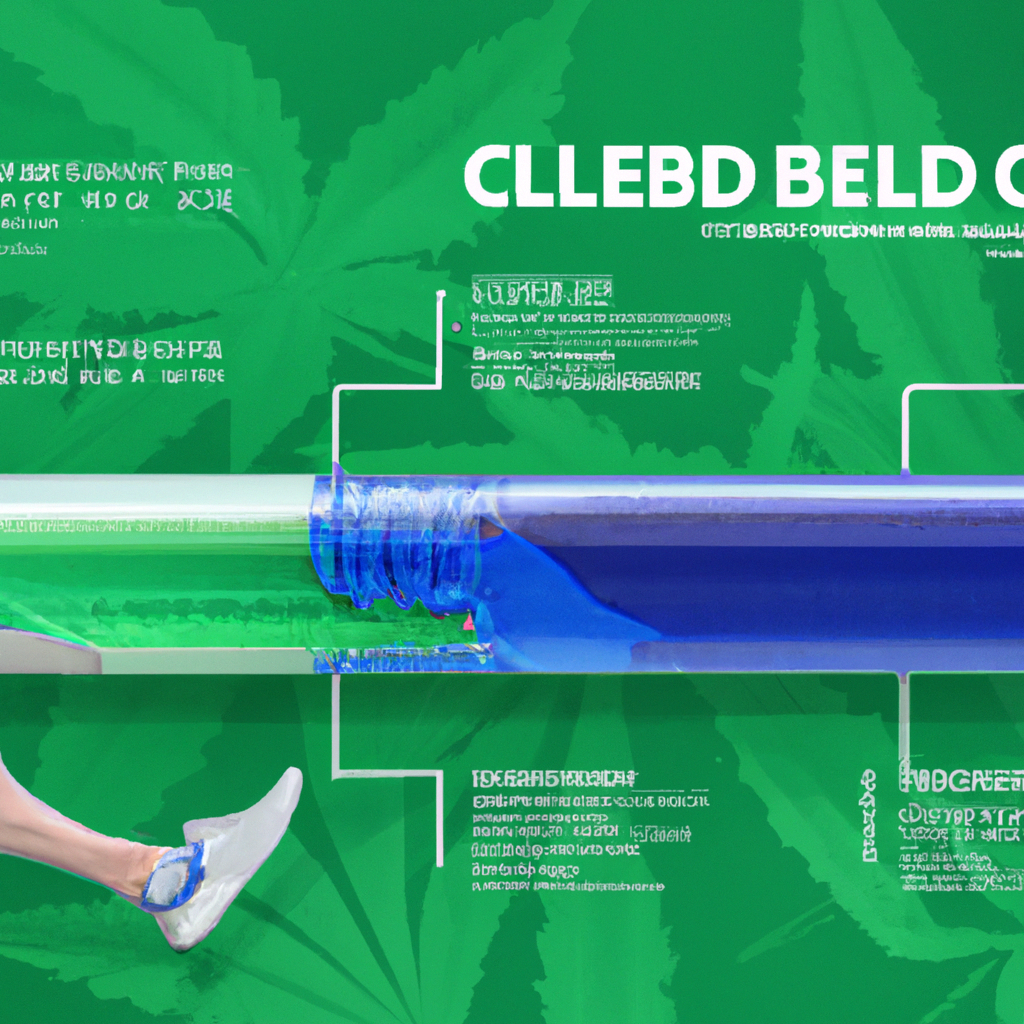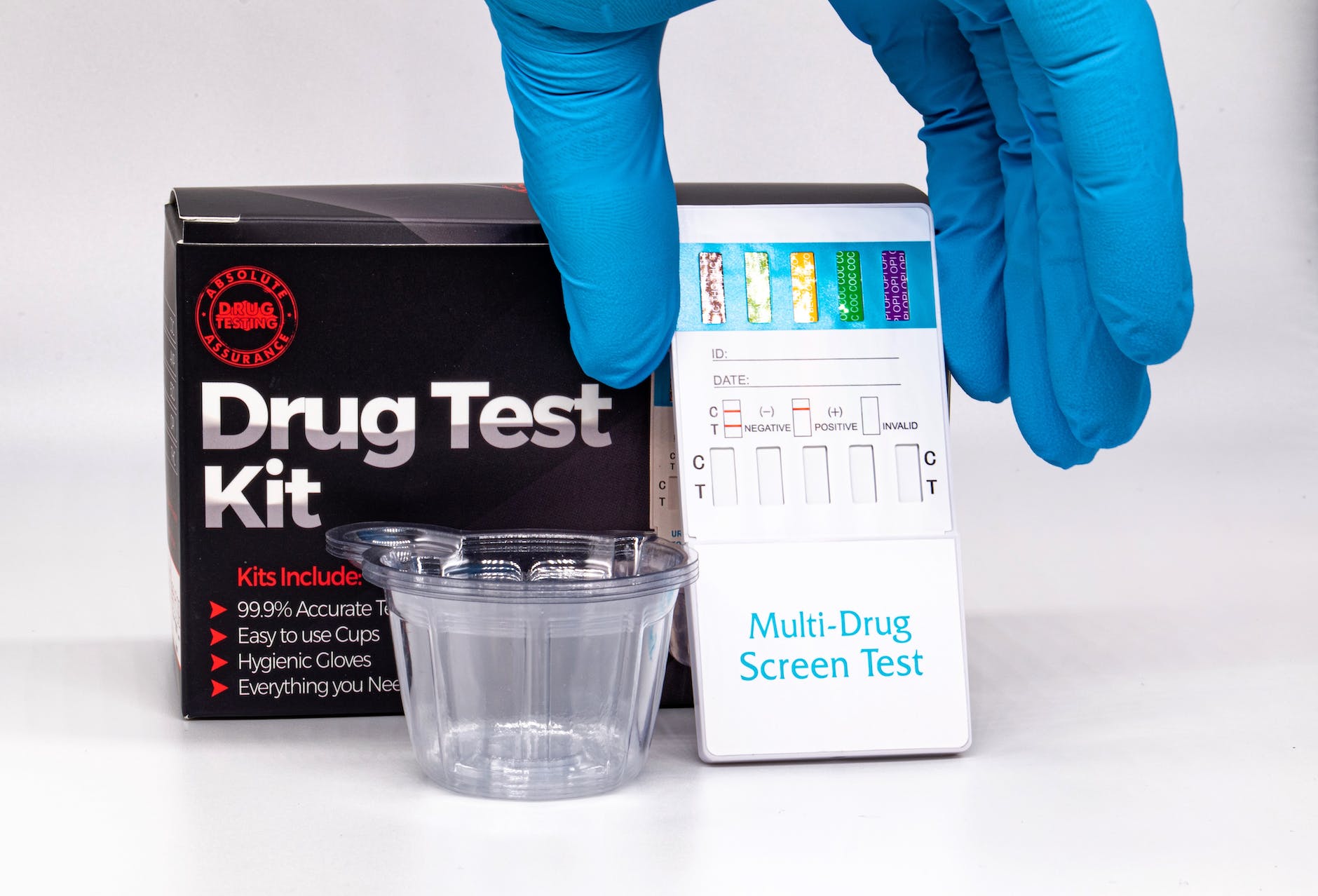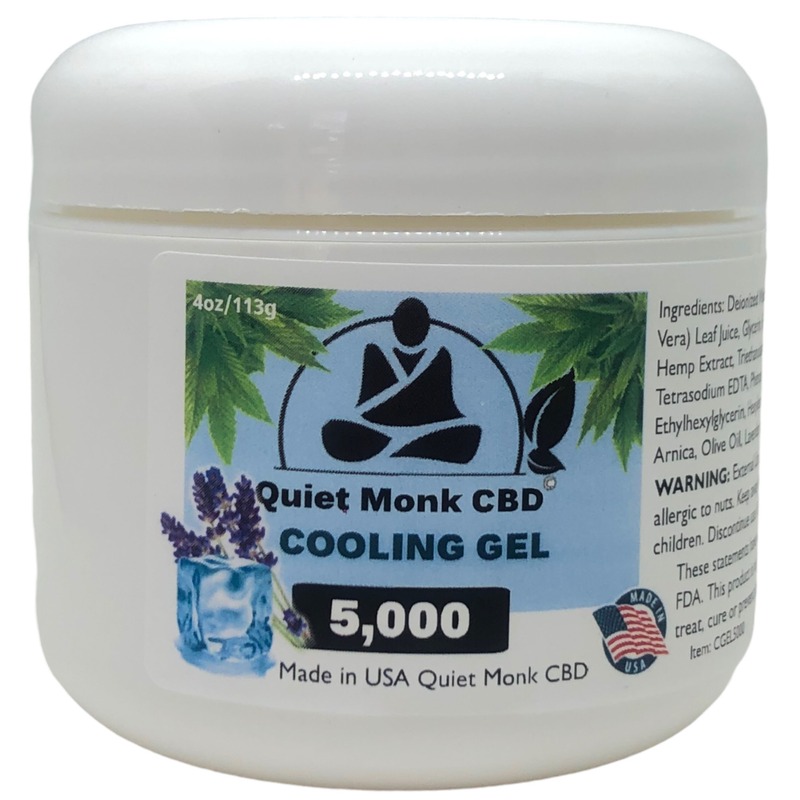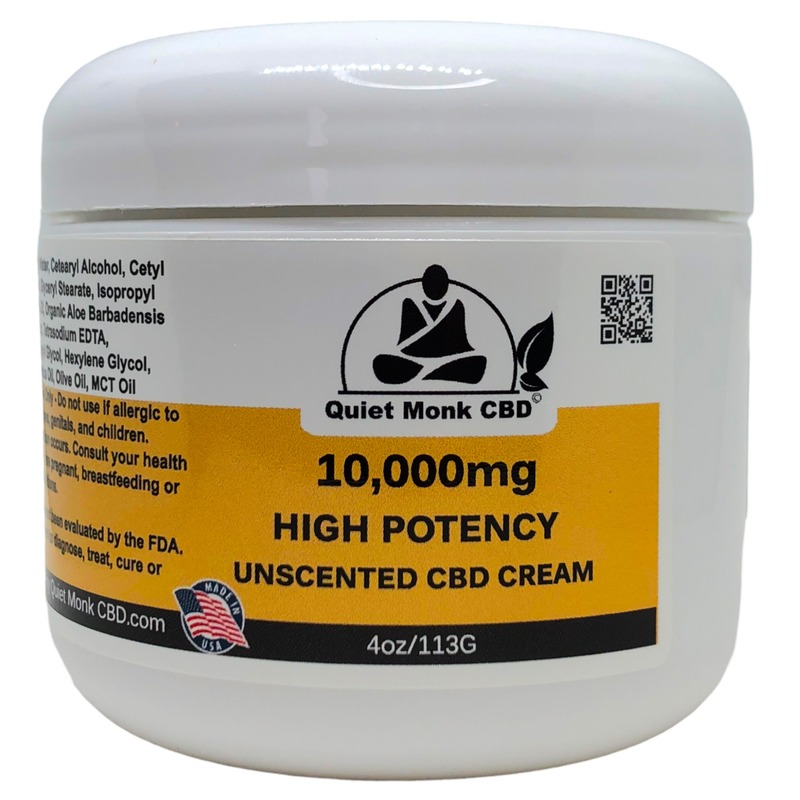
Defining CBD
CBD, otherwise known as cannabidiol, is a non-intoxicating compound found in cannabis plants. It has become popular due to its potential medicinal benefits without the psychoactive effects of THC. People can get CBD in various forms such as oils, capsules, gummies, and creams.
It’s important to know that CBD is one of over 100 cannabinoids in the cannabis plant. Unlike THC, it won’t make you intoxicated. It interacts with receptors in the body’s endocannabinoid system to produce helpful effects.
Some studies say CBD can be addictive while others say it can reduce cravings and withdrawal symptoms connected to addiction to drugs such as tobacco. It’s wise to consider one’s individual circumstances when deciding if CBD use might be addictive.
To reduce anxiety or pain that could lead to excessive use of CBD products, people can adopt healthy habits like exercising and managing stress. It’s also recommended to consult a medical professional before trying therapies such as CBD, especially for those with medical conditions or pregnant/breastfeeding women.
These precautions will let individuals safely use CBD in their wellness routine. Determining if CBD is addictive is similar to asking if water is wet – it’s clear, yet people still debate it.
Determining Addiction
Evaluating Dependency Levels
Assessing the dependence of a substance can be difficult due to various factors. However, determining addiction to CBD is essential to stop any further damage. It necessitates examining psychological and physical dependence, withdrawal symptoms, and tolerance levels.
Substance Misuse Indicators
CBD may not be addictive, yet people might abuse it for self-medication or other purposes. They may show signs like obsessively wanting to use it or continuing despite the negative consequences. Recognizing these kinds of behaviors can assist in distinguishing potential substance misuse, and provide intervention if needed.
Distinct Research Findings
Studies have not revealed any evidence that suggests addictive properties exist when consuming pure CBD products. Nevertheless, some studies point out that THC and other chemicals found in Cannabis plants might lead to addiction to marijuana. So it is essential to be aware of the concentration levels when assessing CBD products.
Stay Cautious and Informed
Though CBD seemingly has no addictive properties, abuse of it can have destructive effects on one’s mental health and wellbeing. Thus, it is highly recommended that users consult with medical experts before ingesting any product containing CBD or any active substances.
Don’t take chances with your health; instead, consult a professional now!
It’s highly improbable that CBD is addictive – it’s like me becoming a unicorn!
Scientific Evidence
To gain insight into CBD addiction, explore the scientific evidence that proves otherwise. THC and CBD breed a different effect on brain chemistry. Learn the connection between CBD and THC and the ways both respond in the body in this section, ‘Scientific Evidence’.
CBD and THC
CBD and THC are two common compounds found in cannabis. They both interact with the body’s endocannabinoid system, yet they have different effects. Let’s explore their unique properties through a table.
| Cannabis Compounds | CBD | THC |
|---|---|---|
| Properties | Non-intoxicating | Intoxicating |
| Medical Benefits | Many | Limited |
| Legal Status | Legal in some countries | Partially illegal in most countries |
Research shows that CBD acts as an antipsychotic whereas THC can cause or worsen psychosis in some people. Additionally, there is potential for abuse associated with THC, but not with CBD.
A patient was prescribed a CBD-rich strain by their doctor, which helped reduce their symptoms significantly without getting them intoxicated. Science – the ultimate dealer – can even manipulate one’s brain chemistry with just the power of thoughts. Who needs drugs?
Effects on Brain Chemistry
Discoveries in neuroscience reveal the effects of scientific evidence on the human brain. We’re finding out how scientific findings interact with neurotransmitters, hormones, and gene expression. This can lead to changes in behavior, thought processes, and cognitive functions.
Dopamine, serotonin, and norepinephrine are mood-enhancing chemicals released by scientific evidence. It can also create feelings of anxiety. Therefore, understanding how scientific evidence impacts mental health and physiology is essential.
Neuroimaging provides insight into the brain’s activity when it receives new information. We’ve advanced from basic analysis to optogenetics. Science is helping us understand our brains better than ever. Now, let CBD bring delight to your life!
Benefits of CBD
CBD, or cannabidiol, has a lot of potential therapeutic benefits. Such as: reduced anxiety and depression, pain relief without the psychoactive effects of THC, neuroprotective properties to prevent diseases like Alzheimer’s, and improved sleep quality.
Research suggests that it may even have antipsychotic effects, and could potentially help with substance abuse treatment.
However, it is not FDA-approved as a medical treatment for any specific condition.
The World Health Organization (WHO) reports that CBD does not have any effects indicative of abuse or dependence potential.
This means it has a low risk of being used recreationally. So, taking CBD is a risk I’m willing to take, especially if it means I can stop worrying about the risks of other things.
Risks of CBD
To understand the risks associated with CBD and safeguard your health, you need to know whether it can be addictive or not. The potential for addiction to CBD and its side effects are two major areas of concern for CBD users. In this section, we will briefly introduce these two sub-sections to help you make an informed decision about using CBD.
Potential for Addiction
Cannabidiol (CBD) is becoming popular for its natural remedies. But there is a risk of addiction when using it. Studies show that CBD affects the brain circuits related to addiction, which can lead to substance use and dependency.
The potential for addiction is higher in people with a history of substance abuse or those who take high doses of CBD. It also enhances the effects of other addictive substances like opioids and alcohol.
Not all CBD products are the same. Those with high levels of THC (the psychoactive compound in cannabis plants) are more likely to cause dependence.
Long-term use of high-dose CBD has been linked to withdrawal symptoms. These may include irritability, anxiety, and sleep problems.
The WHO states that “CBD exhibits no effects indicative of any abuse or dependence potential.” But further research is still needed.
In conclusion, there is a risk of addiction when consuming CBD. Speak with your healthcare provider before trying it, and be aware of your own susceptibility to addiction.
Side Effects
CBD-Induced Reactions: Know the Risks
CBD oil has many health benefits, however, it can also bring some unwanted side effects. These reactions can come from different factors like dosage, age, weight and gender.
Dry mouth, nausea, diarrhea, changes in appetite, mood swings, irritability and fatigue are some of the effects that might occur. It’s important to be aware of these risks and speak to your healthcare provider before you start using CBD products.
WHO states that “In humans, CBD exhibits no effects indicative of any abuse or dependence potential.”
Ain’t no party like a dopamine party, but beware of the guest of honor – addiction.
Factors that influence addiction
Addiction has many variables. Personal, social, and environmental elements can all contribute. Genes, mental health problems, trauma, and chronic stress are risk factors. Co-occurring disorders, abuse environments, and peer pressure can influence addiction too.
In some cultures, drugs and alcohol use can be seen as ‘normal’ or attractive. Living near drugs and alcohol can also raise the risk of addiction. It is important to keep in mind that addiction is complicated, and usually a combination of influences.
Sometimes, medical professionals prescribe opioids to manage pain for people who suffer from chronic pain. One patient said: “I began taking them for pain relief, but I didn’t know I’d become addicted”.
It is important to be aware of the risks of addiction and to treat it with caution and understanding. By taking care of yourself, and reducing the potential harms of substance dependency, we can help people in recovery.
Conclusion
The Possibility of Becoming Addicted to CBD
Studies have looked into the effects of CBD use over time. It’s not thought to be addictive, but some people might become reliant on its calming effects. This is much lower than other substances like opioids and alcohol.
Surprisingly, a study published in The Journal of Addiction Medicine found that CBD reduced the need for cocaine in people with substance abuse disorders.
Though caution is advised when starting any medication or supplement, CBD appears to have a low risk of addiction, and may even help people struggling with addiction to other substances.
If you would like to try our best cbd cream 10000mg. It is one of our best sellers for topical creams.
Frequently Asked Questions
1. Is CBD addictive?
No, CBD is not addictive. It does not trigger the reward center in the brain in the same way that addictive drugs do.
2. Can CBD lead to substance abuse?
No, studies have shown that CBD can actually help reduce substance abuse by decreasing cravings for addictive substances like nicotine or opioids.
3. Is it possible to overdose on CBD?
No, there is no known lethal dose of CBD and there have been no reported cases of CBD overdose.
4. Can CBD withdrawal symptoms occur?
No, CBD is not addictive and does not cause physical dependence, so no withdrawal symptoms will occur.
5. Will using CBD cause a high?
No, CBD is non-intoxicating and will not cause a high. THC, another compound found in cannabis, is responsible for the psychoactive effects associated with marijuana.
6. Is it safe to use CBD regularly?
Yes, CBD is generally safe to use on a regular basis. However, it is always recommended to consult with a healthcare provider before beginning any new supplement or medication regimen.

